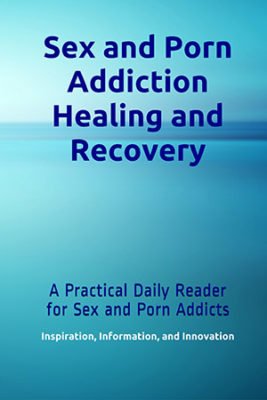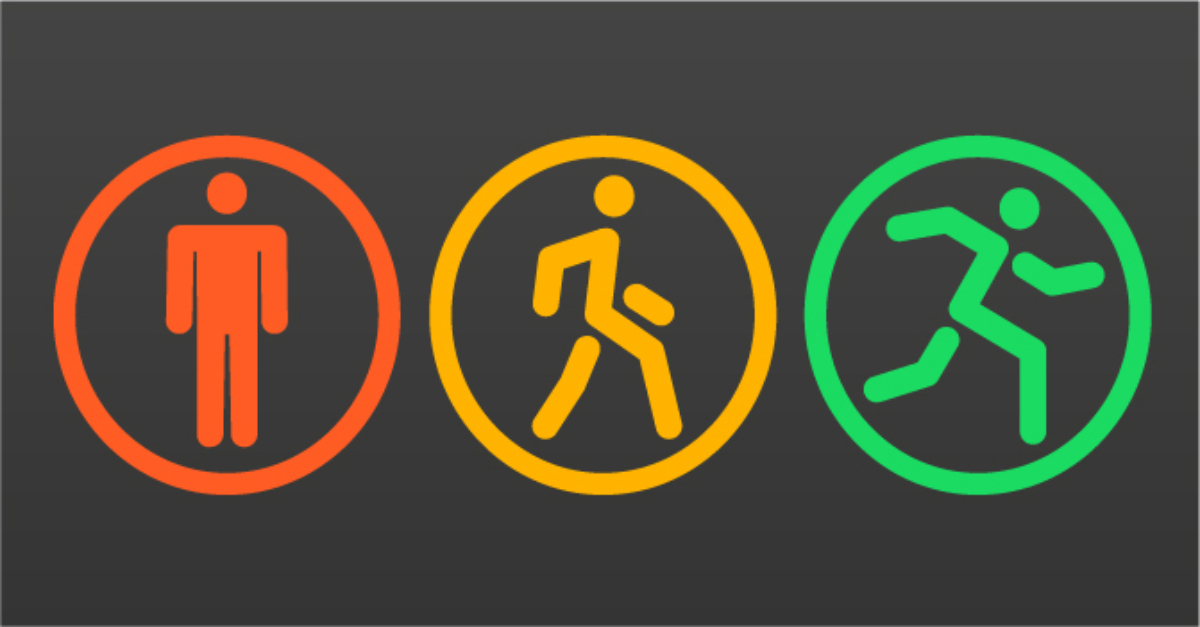
All daily inspirations can be found in the book Sex and Porn Addiction Healing and Recovery. Used here with permission of the author.
Sometimes it’s OK to say, “Not my circus, not my monkeys.”
Healthy boundaries are not a one-size-fits-all proposition. Boundaries that are helpful in some relationships could be very unhelpful in others. Recognizing this, it is generally suggested that recovering addicts answer the following questions before attempting to define and implement a boundary: “Does this issue (whatever it is) need to be fixed?” and “Does this issue need to be fixed by me, or does it belong to someone else?” Nearly always, the answer to the first question is yes, and the answer to the second question is no. So, very often, pulling back on our desire (and attempts) to control the behavior of others is the best boundary we can set. If the other person is out-of-control and unable to make rational decisions, of course, it might be our place to step in and help. Before we do so, however, we should run our ‘good intentions’ past our therapist, our 12-step sponsor, and our friends in recovery.
Task for Today
Think of at least three times you overstepped your boundaries and ask your support team for advice on how to avoid that in the future.
